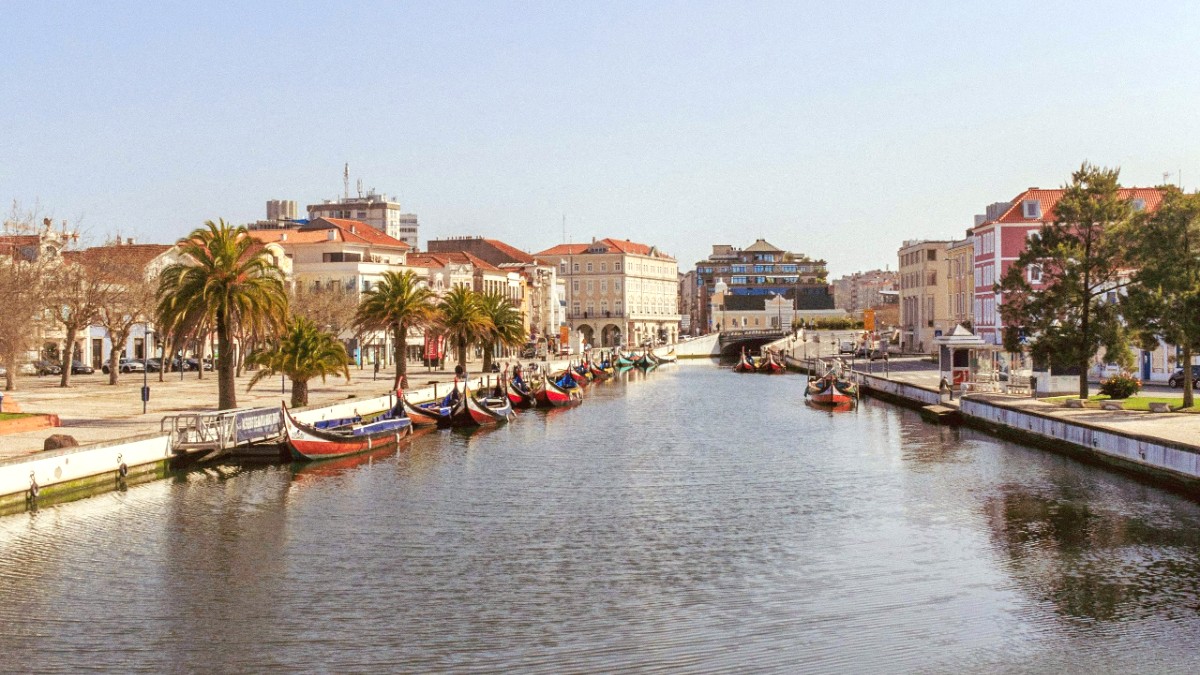
Portugal
Sunburn and heatstroke can occur during summer months.
Protect yourself by using sunscreen with a SPF of 50 or higher, wearing a Wide-brimmed hat, and staying hydrated by drinking plenty of water.
Strong sun exposure can lead to discomfort and health risks without adequate protection.
Cuts and scrapes are possible from extensive walking on cobblestone streets.
Carry a Small travel first aid kit containing adhesive bandages, antiseptic wipes, and pain relievers.
Uneven surfaces in historic areas can cause minor slips or abrasions.
The risk of food and waterborne illnesses is low.
Maintaining good hand hygiene lessens any issues. Tap water in Aveiro is safe to drink.
Upset stomachs are rare, but basic precautions are always wise.
Portugal has a public healthcare system, the Serviço Nacional de Saúde (SNS). Citizens from EU, EEA, and Switzerland can access public healthcare using their European Health Insurance Card (EHIC). This card allows you to receive necessary state-provided medical care on the same terms as a Portuguese resident. Non-EU citizens have comprehensive travel insurance. This insurance is often a requirement for Schengen visa holders. It covers medical emergencies, hospital stays, medical evacuation, and repatriation.
Pharmacies, identifiable by a green cross, are common and provide advice for minor ailments, along with selling over-the-counter medications. For more serious conditions, the Hospital Infante D. Pedro in Aveiro offers emergency and general medical services. Tap water in Aveiro is safe for drinking. Food hygiene standards in restaurants and eateries are high.
Aveiro is generally considered a very safe city, with low crime rates.
Petty crime, like pickpocketing, can occur in crowded tourist areas, like the central canals or busy markets, but it is infrequent.
There are no specific neighborhoods known for high crime rates.
Remain aware of your surroundings, secure your valuables, and avoid displaying large sums of cash or expensive electronics openly.
At night, stick to well-lit areas.
Portuguese people are generally warm and welcoming.
Politeness and respect are valued in social interactions. Simple gestures go a long way.
Meal times are social occasions and an important part of Portuguese culture.
Portuguese is the official language. While English is common in tourist areas, a few local phrases are always appreciated.
Aveiro is a safe city, but maintaining awareness is always wise to protect your belongings and digital data.
Public Wi-Fi networks can be unsecure. Protecting your personal data is wise when connecting in public spaces.
Use a VPN like NordVPN or ExpressVPN on public networks for encrypted browsing.
Avoid conducting sensitive transactions (online banking, shopping) on public Wi-Fi without a VPN.
Baggage theft or tampering can occur during transit.
Use TSA-approved luggage locks on checked bags for added security.
Keep all valuable items (electronics, jewelry, documents) in your carry-on luggage, not checked bags.
Save the European emergency number (112) on your phone before you depart.
Locate details for your country's embassy or consulate in Lisbon for urgent assistance.
| Item | Requirement | Notes |
|---|---|---|
| Passport Validity | 3 months beyond departure | For Schengen Area entry/stay |
| Travel Insurance | Minimum €30,000 medical coverage | Mandatory for Schengen Visa holders |
| Driving Permit | National license + IDP (if applicable) | Necessary for car rentals in Portugal |